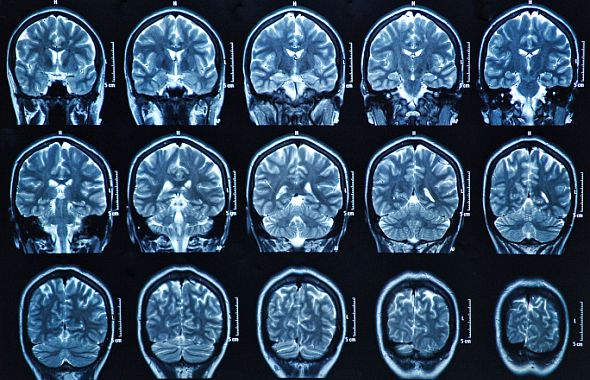Livestream of Sessions from the 2013 International Neuroethics Society Annual Meeting

The Petrie-Flom Center was pleased to host a live webstream of sessions from the International Neuroethics Society‘s 2013 Annual Meeting. Participants are encouraged to submit questions directly to the panels via email (administrator@neuroethicssociety.org) and Twitter (@NeuroethicsInfo).
Please note that the Neuroethics Society will livestream the full day’s programming on their website as well. This will enable those who cannot join the viewing at Petrie-Flom or who are interested in the third panel, “Can Neuroscience Inform Us about Criminality and the Capacity for Rehabilitation?,” to watch the sessions wherever you are.
12:15-2:15pm: “The Science and Ethics of Moral Enhancement”
Can we create a morality pill? Neuroscientists are discovering how hormones and brain chemicals shape aspects of social behavior relevant for morality, including empathy, cooperation, aggression, trust, and altruism. This work opens potential avenues for pharmacological manipulation of ethical values. In this session, speakers will review studies demonstrating how neuromodulators shape moral decisions, evaluate the evidence for and challenges facing the development of moral-enhancing interventions, and discuss the ethical implications of shaping human morality.
Format: 20-minute presentations and 60 minutes of Q & A
Moderator: Barbara Sahakian, University of Cambridge
Speakers:
- Julian Savulescu, University of Oxford
- Patricia Churchland, Univ of California-San Diego
- Molly Crockett, University of Zurich
4:30-6:30pm, “States of Consciousness: Neuroethics in impairments of consciousness, brain-machine interfacing and end of life decisions?”
Recent brain-imaging studies detected covert awareness in a small proportion of patients in vegetative or minimally conscious state. In rare cases patients were even able to answer yes or no questions. Brain stimulation can lead to behavioral improvements of the minimal conscious. What are the ethical and legal implications of these findings for withdrawal of life-sustaining treatment or food and fluid? How reliable is communication via a brain-computer interface especially when it comes to end of life decisions? This panel will discuss a broad range of clinical challenges as well as ethico-legal implications with four renowned experts in the field.
Format: Brief statements of 5 – 8 minutes followed by discussion among the panel and 60 minutes of Q & A
Moderator: Jens Clausen, University of Tubingen
Speakers:
- Lisa Claydon, University of Manchester
- Joe Fins, Weill Cornell Medical College
- John Pickard, University of Cambridge
- Niko Schiff, Weill Cornell Medical College